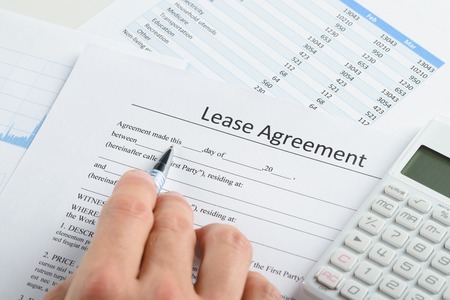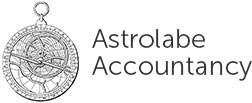Should you lease or buy equipment?
 Many small business people wonder whether it’s better for them to lease or buy capital equipment for their businesses. Your options regarding leasing or buying depend upon the nature of your particular business; however there are some guidelines you can follow to help you decide what you should do.
Many small business people wonder whether it’s better for them to lease or buy capital equipment for their businesses. Your options regarding leasing or buying depend upon the nature of your particular business; however there are some guidelines you can follow to help you decide what you should do.
If you have the money available, and the item is really necessary to your business, then it will usually benefit you to buy the item outright. If you cannot find the money then you will have to finance the purchase out of future cashflow, which means leasing it.
A caution
A special note here: Don’t buy an item at the risk of not being able to meet your bills in the next month. Only use surplus cash—and then only if it really is ‘surplus’, not just temporarily in the bank account. You should work all this out in terms of your cashflow forecast and your forthcoming liabilities.
If the options are not so clear cut, then you have some thinking to do. Ask these questions:
-
How often will you use the item?
If you are only going to use the item occasionally, there is no real point in buying one. It will lie around for most of the year unused and is therefore a waste of your resources. So lease or hire the equipment when you require it.
-
What else could you do with the money?
Could you earn a better rate of return on the capital required if you invested it in your business? Your business might be at the stage where a few thousand ploughed back in as working capital will give you a far better rate of return than tying up the money in equipment. For example, would the money be better spent on marketing? In this case, it might pay you to lease.
The effect on net profit
The bottom line is always: how will your decision to buy or lease affect net profit?
Let’s take a simple example, and calculate the net profit results for both options. Suppose you decide the business needs a machine worth $25,000 (we’ll ignore GST). You can either buy the machine outright or lease it (rent).
-
Option One
If you lease, the machine will cost you around $500 per month, or $6,000 for the year. This can be added to your business expenses.
-
Option Two
If you buy the machine, you cannot deduct the total cost of $25,000 from the net profit, as it will now be regarded as an asset. Suppose you can depreciate the machine at 20% a year. This means you can claim $5,000 as an expense for the year ($25,000 x 20%).
Comparative costs
-
Option One
You’ve spent $6,000 in cash, and can claim this $6,000 as a business expense. By having $6,000 as expenses, you’ll pay $1,800 less tax (assuming a tax rate of 30%). So you could say that you’ve spent $6,000 and ‘saved’ $1,800, giving a net cash out for the business of $4,200 for that tax year.
-
Option Two
You spend $25,000 in cash, and claim $5,000 as a depreciation expense. This gives you a tax ‘saving’ of $1,500 (30% of $5,000), so your net cash out is $23,500. In the first year, therefore, it would have been better for the business to lease the machine, as far as cashflow is concerned. But what about year two? In Option One you’d still have to pay $6,000 in rent for that second year, and the net cash out is still $4,200.
But in Option Two, you have no further cash to pay, and can still claim depreciation of $5,000, which gives you a ‘saving’ of $1,500 each year for the second, third, forth and fifth years.
This comparison shows, therefore, that whilst you might have gained a better cashflow situation in year one, the lease option becomes far less attractive in subsequent years.
So as a rule of thumb, if you lease equipment you will make a cash saving in the first year or two. This is a viable alternative if you do not have the cash (especially for equipment that may cost thousands of dollars, or items you do not use regularly). Long term, it’s much better to buy equipment outright, provided you can afford the initial heavy cash commitment.
High-tech equipment
One additional factor is worth considering, though. People often lease strongly technology based equipment (such as computers or even photocopiers). However, they make use of lease terms that allow them to update to new technology as it becomes available.
In this way you avoid being stuck with outdated equipment that has little resale value or no longer serves your needs. This is often very much a judgement call that you can only make after speaking to the salesperson concerned.
